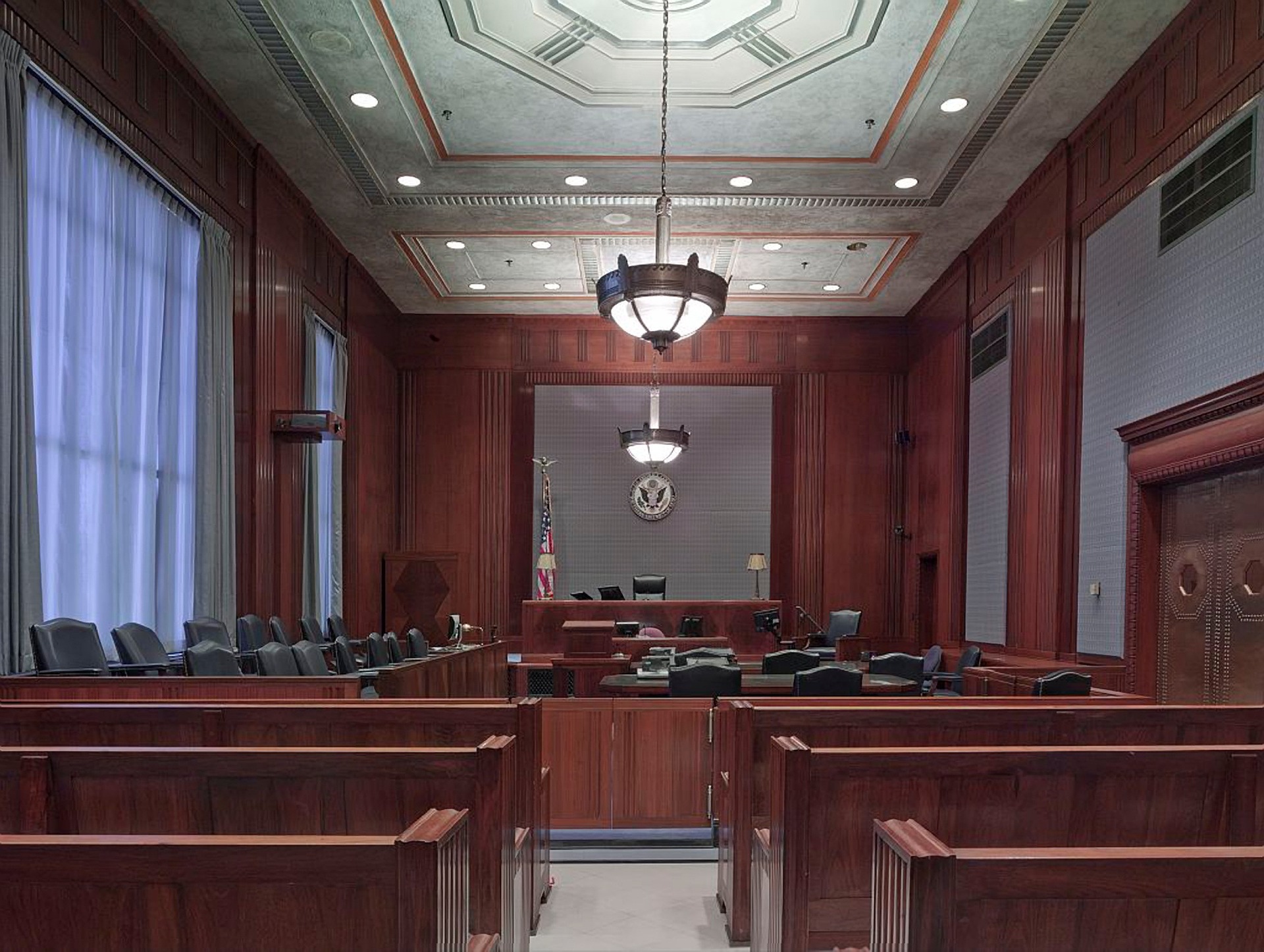The Evolution of Jury Trials in the United States
The United States has a long history of utilizing jury trials as a fundamental aspect of its legal system. From the early days of the country to the present, jury trials have played a crucial role in ensuring justice and fairness for all individuals. Over the years, the process of jury trials has evolved significantly, adapting to societal changes and legal developments. In this article, we will explore the evolution of jury trials in the United States, highlighting key milestones and changes that have shaped the current system. Read below to discover how jury trials have transformed over time.

The Origins of Jury Trials in the United States
Jury trials have roots in English common law and were brought to the American colonies by early settlers. The Sixth Amendment of the United States Constitution guarantees the right to a trial by jury in criminal cases, ensuring that individuals have the opportunity to be judged by a panel of their peers. This right reflects the Founding Fathers’ belief in the importance of citizen participation in the legal process and the protection of individual rights.
Changes in Jury Selection and Composition
One significant evolution in jury trials has been the process of jury selection and composition. In the past, juries were often composed solely of white male property owners, excluding women, minorities, and individuals without property. Over time, legal reforms and Supreme Court decisions have expanded the pool of potential jurors to include a more diverse cross-section of society, ensuring that jury panels are representative of the community.
Technology and Jury Trials
Advancements in technology have also influenced the conduct of jury trials in the United States. From the use of electronic evidence presentation systems to virtual jury selection and deliberation, technology has transformed the way trials are conducted. The COVID-19 pandemic further accelerated the adoption of virtual proceedings, allowing courts to continue operating while ensuring the safety of participants.
The Role of Juries in the Legal System
Juries play a crucial role in the legal system by serving as fact-finders and applying the law to the evidence presented in court. Their decisions are based on the principle of beyond a reasonable doubt in criminal cases and preponderance of the evidence in civil cases. The independence and impartiality of juries are essential to upholding the integrity of the legal process and ensuring fair outcomes.
Challenges and Future Trends
Despite the importance of jury trials, challenges such as juror bias, public perception, and the impact of social media continue to influence the system. As technology and society evolve, the legal system must adapt to ensure that jury trials remain effective and fair. Future trends may include the use of artificial intelligence in jury selection, remote participation, and increased emphasis on juror education.
Useful Tips and Facts
- Jury duty is a civic responsibility that helps uphold the principles of democracy.
- Jurors are typically selected randomly from voter registration lists and driver’s license databases.
- The right to a trial by jury is enshrined in the Constitution to protect individuals from government overreach.
- Jury deliberations are confidential, and jurors are expected to reach a unanimous decision in criminal cases.
In conclusion, the evolution of jury trials in the United States reflects the ongoing efforts to uphold justice, fairness, and the rule of law. By examining the historical development, changes in jury selection, the impact of technology, and the role of juries in the legal system, we gain a deeper understanding of this essential aspect of the American legal system. As society continues to evolve, jury trials will undoubtedly adapt to meet the challenges and opportunities of the future, ensuring that justice is served for all.






